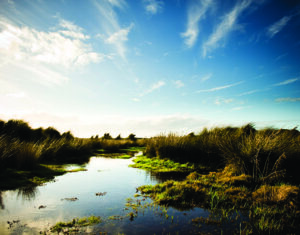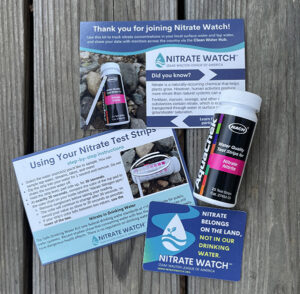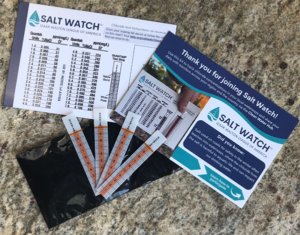Hunting Is an American Tradition
American hunters, including generations of Izaak Walton League members, have been in the vanguard of wildlife restoration and habitat conservation since the early 1900s. Hunting is an essential component of science-based wildlife management, provides a valuable source of food for millions of hunters and their families, and offers incredible opportunities for people of all ages to spend time together and be active outdoors.
Hunters Fund Conservation and Wildlife Restoration
Hunters fund conservation that broadly benefits all Americans. In the 1930s, the Izaak Walton League, hunters and conservationists advocated for federal taxes on firearms and ammunition and for the revenue to be allocated to state government agencies that manage wildlife and public lands on behalf of all of us. Today, these taxes generate hundreds of millions of dollars annually which, along with fees paid for hunting licenses, fund wildlife restoration, habitat conservation, public land acquisition and access, and hunter education and safety training.
Want to Get Started?
Are you interested in hunting, but not sure how to get started? Izaak Walton League chapters are a great resource for everything from hunter education required by many states to firearms and archery training and support from skilled mentors who can guide new hunters along their path to a first hunting experience.
Want to Get Started?
Are you interested in hunting, but not sure how to get started? Izaak Walton League chapters are a great resource for everything from hunter education required by many states to firearms and archery training and support from skilled mentors who can guide new hunters along their path to a first hunting experience.
Hunter Education in Your State
All states require completion of hunter education by some or all people seeking to obtain a hunting license. These classes are about more than firearms safety. They educate new hunters about wildlife identification, first aid and wilderness survival, hunter ethics and responsibilities, wildlife conservation and management, and landowner relations.
Each state has different age requirements for new hunters to complete a hunter education course and depending on the state, experienced hunters might be required to take a refresher course if they have not had a hunting license for several years. Choose your state to find information about hunter education classes near you.

 Your kit will include a bottle containing 25 nitrate test strips which you can use to test your water source(s) throughout the year. You’ll also receive postcards explaining how to use your nitrate test strips and how to share your Nitrate Watch results on the Clean Water Hub.
Your kit will include a bottle containing 25 nitrate test strips which you can use to test your water source(s) throughout the year. You’ll also receive postcards explaining how to use your nitrate test strips and how to share your Nitrate Watch results on the Clean Water Hub. Your kit will include four test strips so you can test your waterway throughout the season. You’ll also receive a chart to help you interpret your results and a postcard with instructions for completing a Salt Watch test and reporting your findings.
Your kit will include four test strips so you can test your waterway throughout the season. You’ll also receive a chart to help you interpret your results and a postcard with instructions for completing a Salt Watch test and reporting your findings.